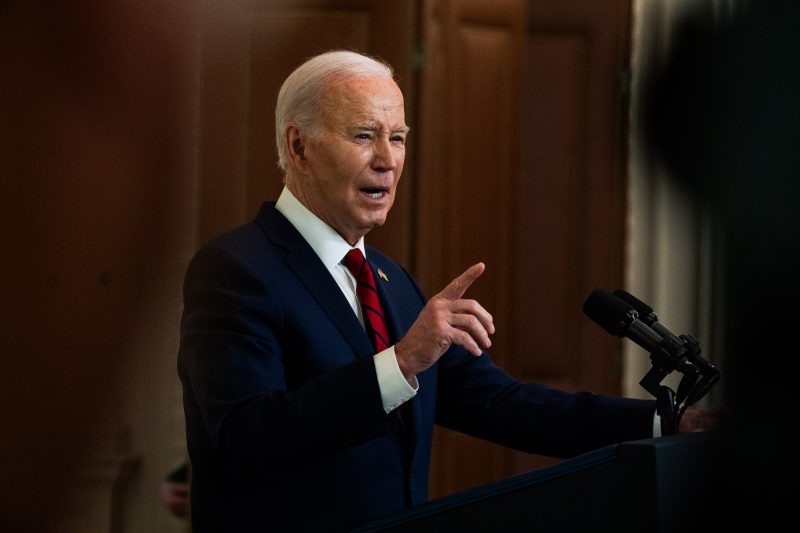In a world rife with conflict and tensions, few regions are as fraught with historical and political complexity as the Middle East. The recent report on the Gaza conflict, which both criticizes and clears Israel, has added another layer of controversy to an already contentious issue. As the Biden administration navigates this tricky diplomatic terrain, their isolation in the face of global opinion is becoming increasingly apparent.
The report’s findings have sparked outcry from various quarters, with critics accusing Israel of excessive force and violations of human rights. The criticism revolves around Israel’s military actions against Palestinian militant groups in Gaza, particularly during the 11-day conflict in May that resulted in significant civilian casualties. The report highlights the disproportionate impact of the violence on civilians, including children and healthcare facilities.
On the other hand, the report also clears Israel of the charge of apartheid, a label that has been increasingly used by international bodies and rights groups to describe Israel’s treatment of Palestinians. The report argues that while there are issues of discrimination and unequal treatment, they do not meet the legal definition of apartheid. This finding has been welcomed by Israel and its supporters as a validation of their policies and practices.
The Biden administration’s response to the report has been cautious and nuanced, reflecting the delicate balancing act it must perform in the region. On one hand, the administration has expressed concern over the civilian casualties and human rights violations highlighted in the report, calling for accountability and justice. On the other hand, it has reaffirmed its support for Israel’s right to self-defense and security, emphasizing the need for a two-state solution to the Israeli-Palestinian conflict.
However, this delicate approach has left the Biden administration increasingly isolated on the international stage. The report’s findings have sparked widespread condemnation and calls for action against Israel, with many countries and organizations urging stronger measures to hold Israel accountable for its actions. The United States’ perceived reluctance to take a more assertive stance has raised questions about its commitment to human rights and international law.
As the Biden administration grapples with these challenges, the isolation it faces on the Gaza issue underscores the complexities and sensitivities of the Middle East conflict. Finding a balance between supporting Israel and upholding human rights will continue to test the administration’s diplomatic skills and strategic acumen. In a region where perceptions and narratives are deeply entrenched, forging a path towards peace and justice will require deft navigation and unwavering commitment to principles of fairness and equality.
